Organic Gardening Tips for a Chemical-Free Yard
Organic gardening is all about working with nature, not against it. By not using harsh chemicals and synthetic fertilizers, you’re creating a garden that’s safe for your family, pets, beneficial insects, and the environment. Although it’s a slower way of gardening, it puts everyone’s health first.
Going chemical-free means that you won’t be polluting your local waterways. It’s also much better for your body, especially if you’re growing vegetables that go straight to your table.
To help you, I’ll show you how you can get started with organic gardening, from preparing your soil to keeping pests away.
This post may contain affiliate links, which helps keep this content free. Please read our disclosure for more info.
Understanding Organic Gardening
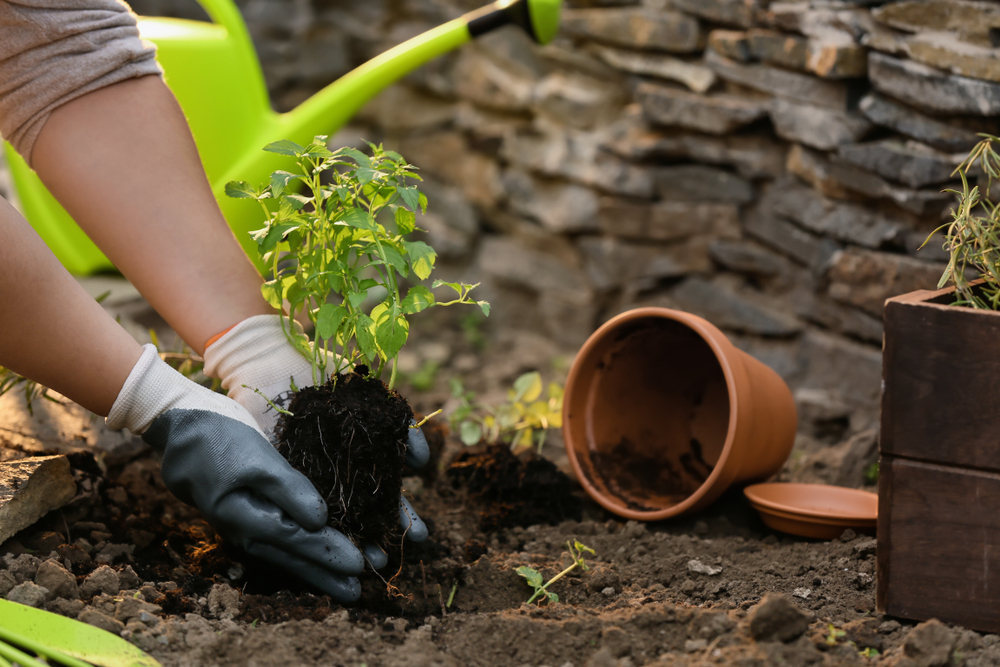
Organic gardening is about using natural methods to grow plants without synthetic fertilizers, pesticides, or herbicides. The focus is on building healthy soil, using compost, planting smart, and keeping things balanced.
Avoiding chemical products keeps the soil full of life. It also means you won’t be harming bees, butterflies, and other helpful insects. Over time, a chemical-free garden can actually take care of itself better as nature finds its balance.
Preparing Your Yard for Organic Gardening
Start by checking your soil. You can grab a basic test kit online or ask your local experts for help. Good soil is the base of everything, so knowing what you’re working with matters.
Follow these steps to get your garden ready.
- Use compost, aged manure, or leaf mold to feed the soil
- Lay down mulch to keep moisture in and weeds out
- Choose organic fertilizers made from natural ingredients
Raised beds or large containers give you more control over soil quality and drainage. They’re great for beginners and help you avoid compacted or poor native soil in your yard.
Choosing the Right Plants for Organic Gardening
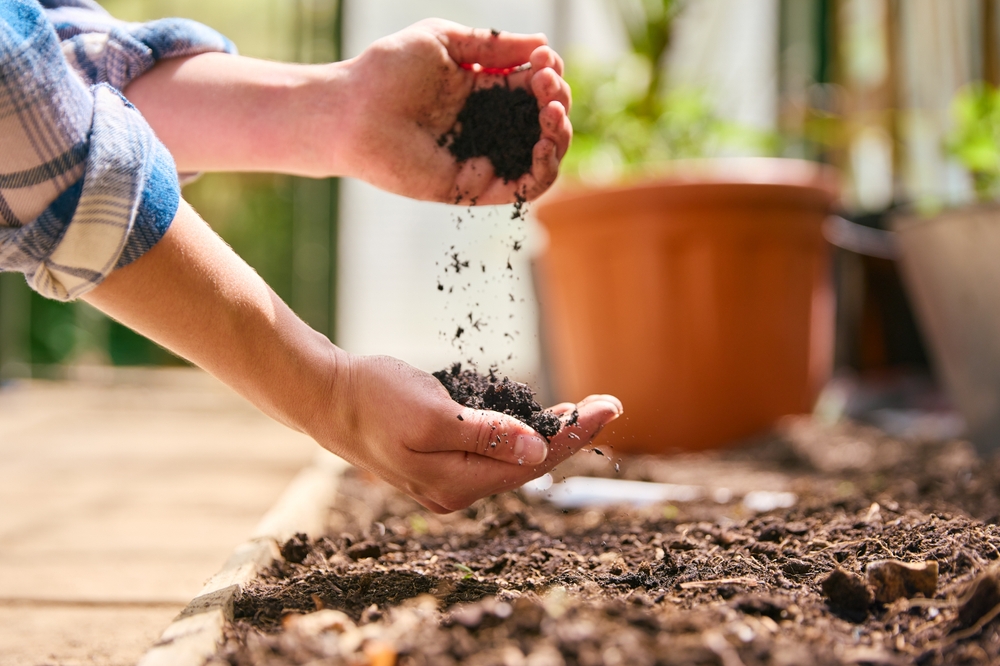
Pick plants that naturally do well where you live. Native flowers and vegetables don’t need as much pampering and are less likely to get sick or draw pests.
When choosing a plant, follow these tips.
- Stick with organic or heirloom seeds
- Avoid genetically modified seeds
- Look for open-pollinated varieties from trusted seed companies
Some plants also work well as buddies. Marigolds near tomatoes can keep bugs away. Basil near peppers can make both grow better. This kind of pairing helps keep your garden balanced without chemicals.
Natural Pest Control Methods
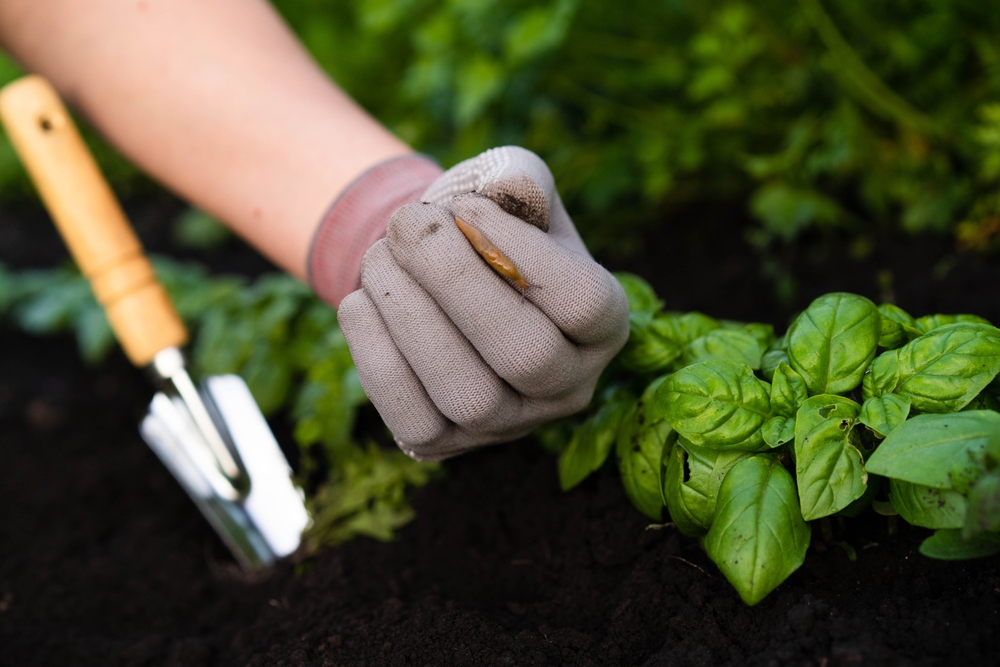
Don’t wait for an infestation. Check your plants often for holes in leaves, sticky spots, or bugs hiding under foliage. Catching things early makes a big difference.
- Hand-pick visible pests like beetles or caterpillars
- Bring in helpful insects like ladybugs or lacewings
- Use traps for flying bugs or slugs
- Spray natural repellents like garlic water or neem oil
Attracting helpful bugs is also a big help. Planting yarrow, dill, or alyssum can invite ladybugs and other predators and beneficial bugs to move in and do the work for you.
Managing Weeds Naturally
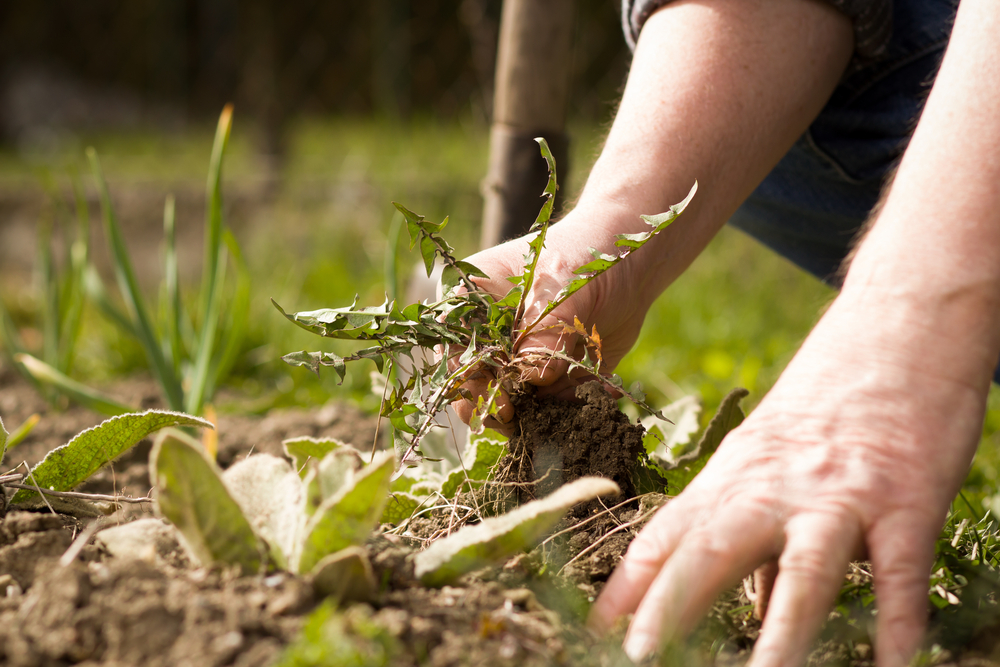
Skip the weed killers and pull weeds by hand or with a hoe. It takes more time, but it keeps your soil and nearby plants safe.
A thick layer of mulch or ground cover can block weeds before they start. You can use straw, wood chips, or even shredded leaves to do the trick.
Watering Your Organic Garden
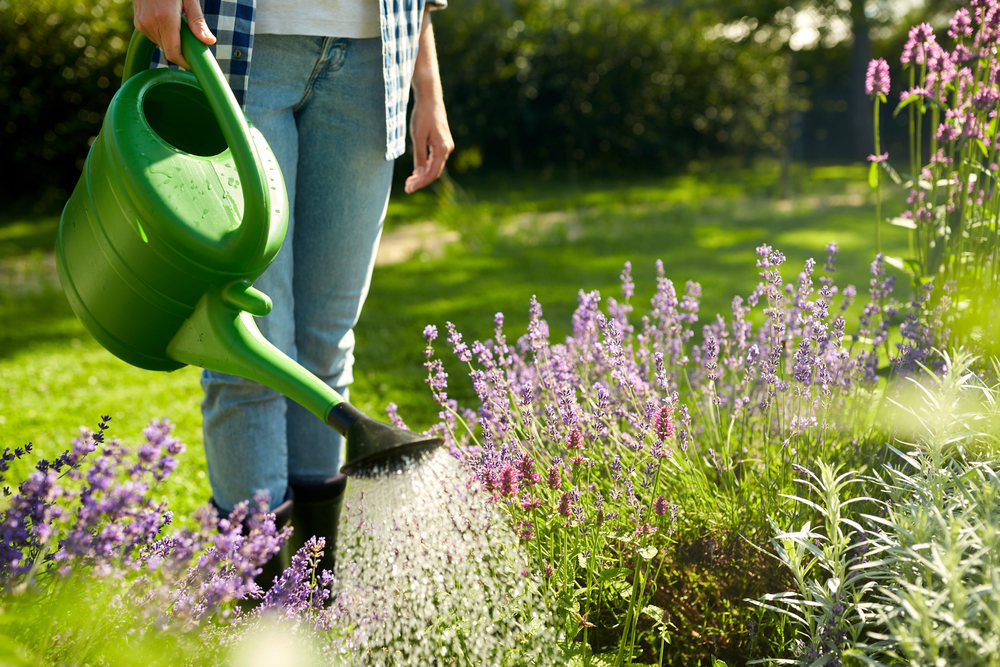
Water your garden early in the morning to help prevent mildew and reduce evaporation. Aim for the roots, not the leaves, and make sure the soil dries out a bit between waterings.
Save rainwater with a barrel system. It’s free and better for your plants than tap water. Just make sure to cover the barrel to keep out bugs and debris.
Drip irrigation uses less water and gets it right where it’s needed. It’s better than sprinklers for both your plants and your water bill.
Organic Fertilizing and Composting
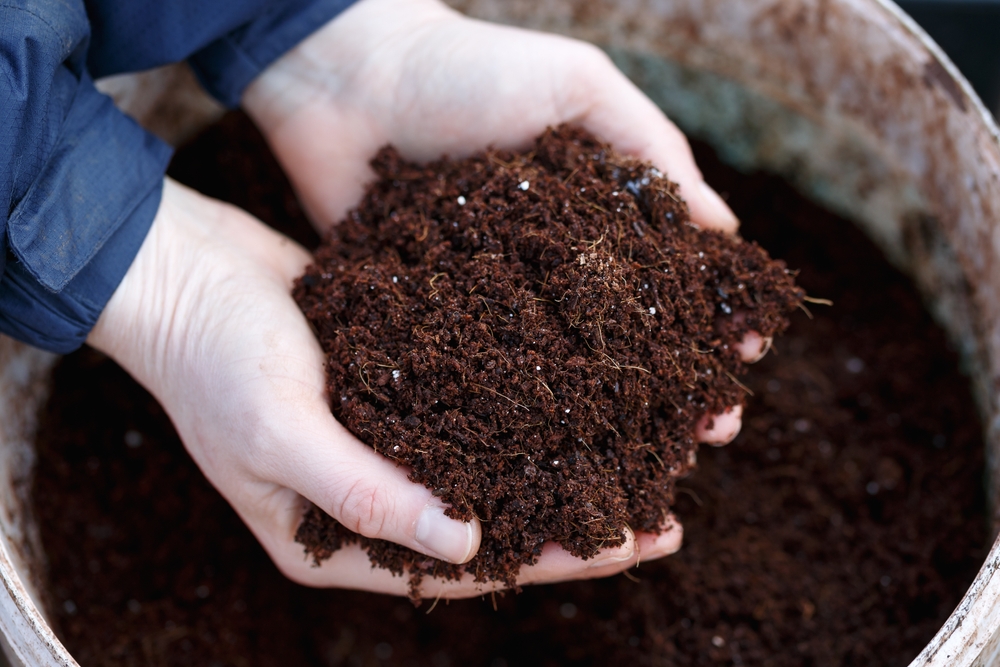
Composting turns kitchen scraps and yard waste into rich, crumbly soil. It adds nutrients, helps hold moisture, and brings good microbes into your garden.
- Use fruit peels, veggie scraps, eggshells, coffee grounds, and yard clippings
- Avoid meat, dairy, oils, and anything too processed
- Turn the pile often to keep air flowing and break things down faster
Organic fertilizers like worm castings, fish emulsion, and bone meal add extra nutrients when your plants need a little help. Crop rotation and planting green manures like clover also give your soil a natural recharge.
Maintaining Your Garden’s Health Without Chemicals
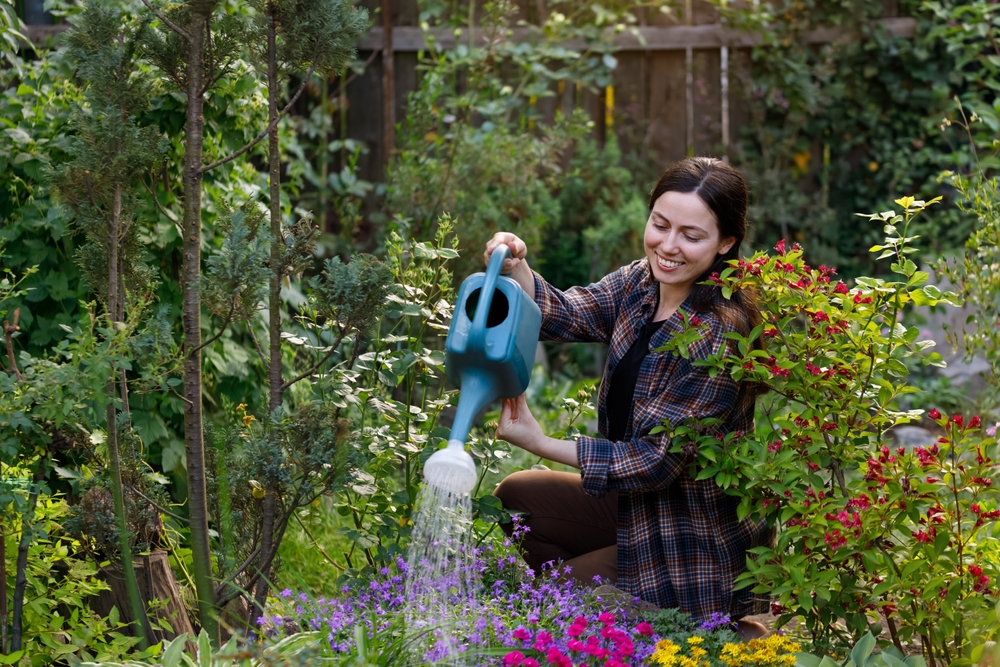
Plant rotation is a handy trick. It keeps your soil from running low on certain nutrients and makes it harder for pests and diseases to settle in.
Give your plants enough space and airflow to help them stay dry and healthy. Choose varieties that are naturally resistant to common diseases in your area.
Cover crops like clover or rye can help over the winter. They stop weeds, add nutrients, and loosen the soil so it’s ready for planting next season.
Harvesting and Storing Organic Produce
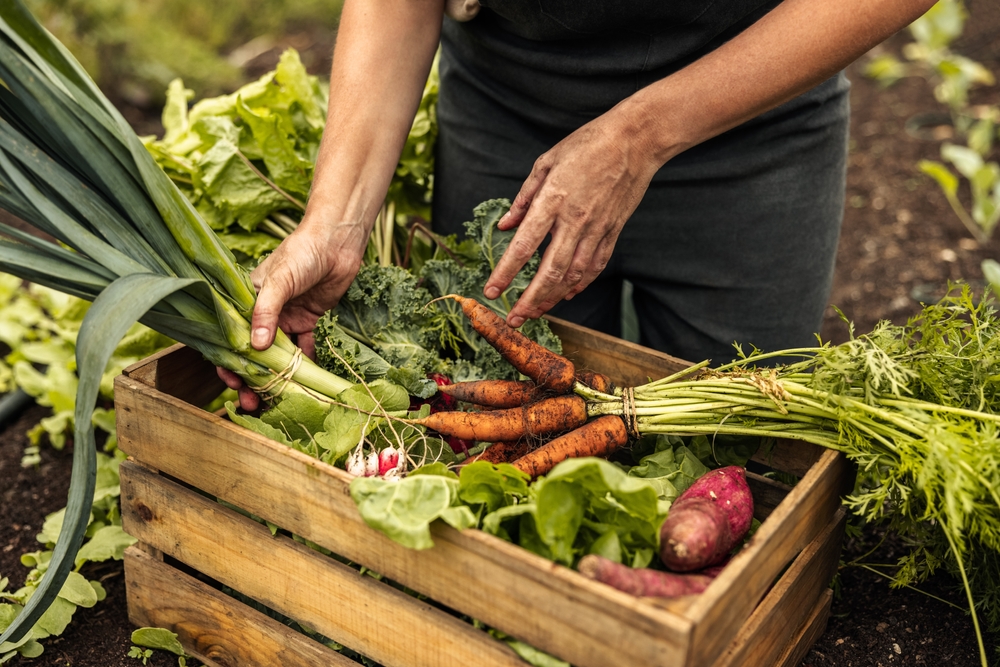
Harvest your fruits and veggies when they look and feel ripe. Early morning is usually the best time, especially on hot days.
When storing your harvest, follow these tips.
- Dry herbs for teas and seasoning
- Freeze berries or greens in reusable bags
- Can or pickle tomatoes, cucumbers, and peppers
- Save seeds by drying them fully and storing them in a cool, dark place
Saving seeds is another great way to stay organic. Choose the healthiest plants and let a few go to seed.
Learning and Growing Your Organic Gardening Knowledge
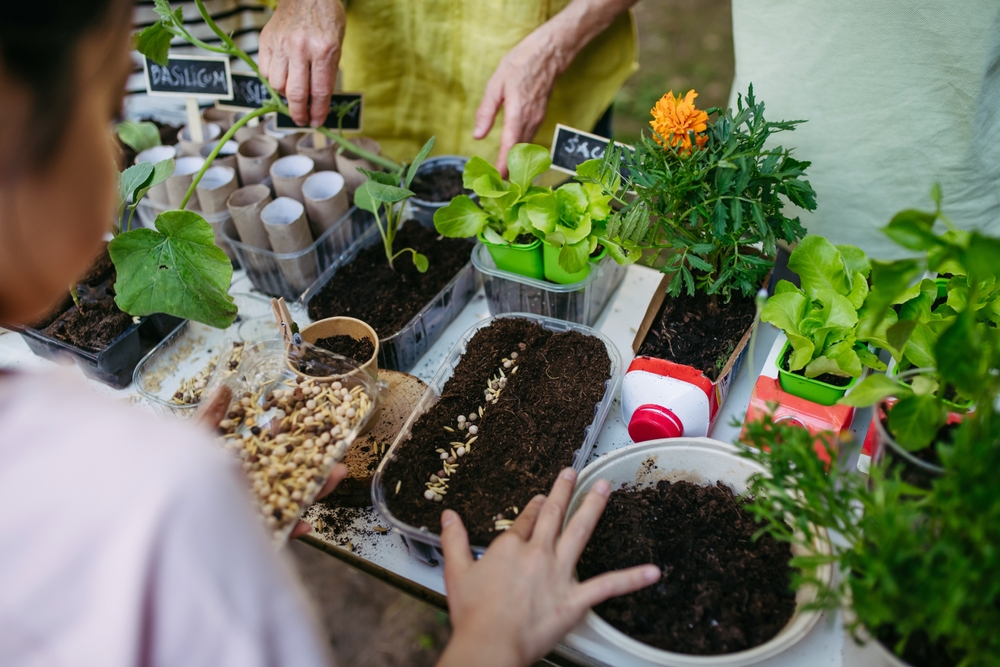
There’s always more to learn. Keep reading, watching videos, or following gardeners online. Everyone has their own tips that might work well for your yard.
Look for trusted books and websites to guide you. Local gardening clubs or groups can be a great way to swap seeds and ask for help.
Organic gardening might take a little more effort, but the rewards are worth it. You’ll end up with healthier soil, happier plants, and a yard that’s better for the world around you.
Start small if you’re just beginning. Even a few containers on the porch can make a difference. Stick with it, learn from your mistakes, and enjoy the journey.
This article originally appeared on Avocadu.
